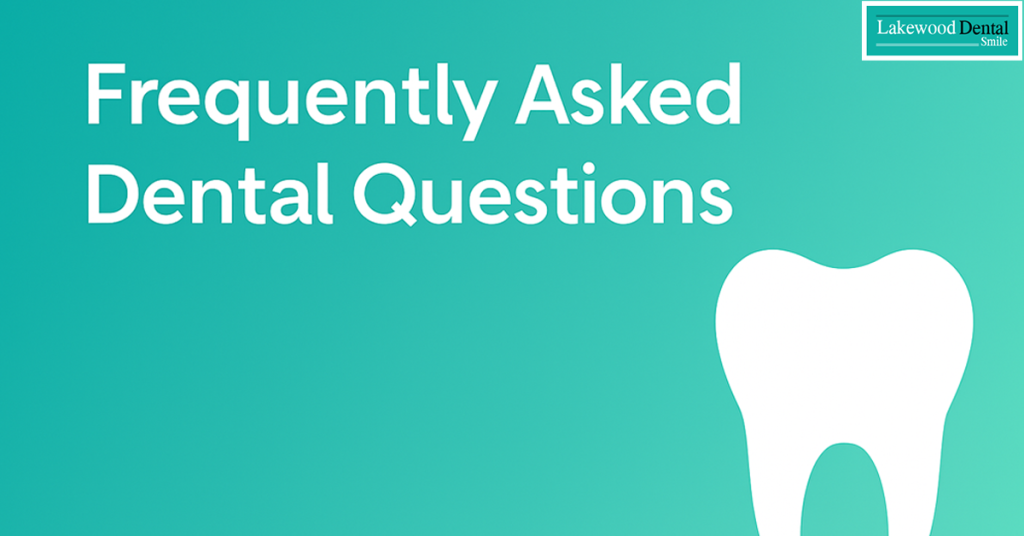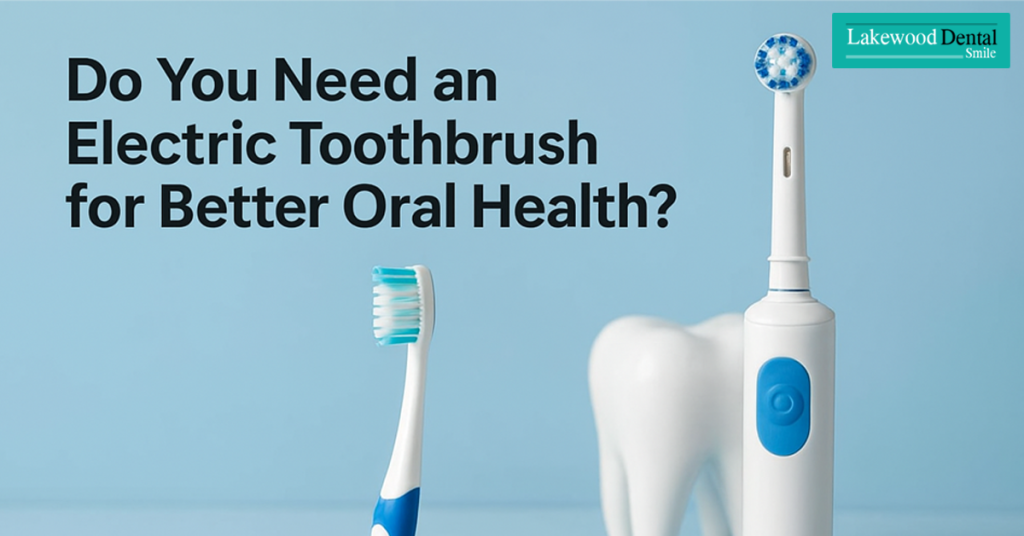Understanding What Causes Bad Breath
To effectively prevent bad breath, it helps to understand what triggers it in the first place. Bad breath, also known as halitosis, usually happens when bacteria in the mouth break down food particles and release strong, sulfur-like odors. Saliva naturally helps wash away debris, but when saliva production decreases—especially at night—bacteria multiply and odors become more noticeable.
Most cases begin inside the mouth. Plaque buildup, leftover food, and a coated tongue allow bacteria to remain for long periods. When this continues daily, inflammation may develop in the gums and make the odor stronger. People may notice morning breath or persistent dryness, which often improves only after proper cleaning.

Additional Contributing Factors
Some individuals struggle with bad breath due to dry mouth, certain medications, or health conditions that reduce saliva flow. Mouth breathing, dehydration, and stress can also contribute. Older dental fillings or dentures that are not cleaned thoroughly may trap food particles, creating a lingering smell that brushing alone cannot remove.
Older dental fillings trapped food particles, and improperly cleaned dentures may also lead to odor. If these areas are not treated or maintained, bacteria collect in small pockets, producing a strong smell that does not go away with brushing alone.
How to Know If You Have Bad Breath
Not everyone can recognize their own breath odor. A simple way to check is to breathe into cupped hands and smell the air, but this may not always be accurate. Another method is to gently scrape the back of the tongue with a clean spoon and notice any odor after a few seconds.
Other signs include:
- Dry mouth or thick saliva
- A lingering bad taste
- White or coated tongue surface
- Complaints from people close to you
Smelling dental floss after use can also reveal trapped food or bacteria between teeth. If these signs occur regularly, professional evaluation may be helpful.
Common Causes of Bad Breath
Research shows that most cases come from oral sources rather than the stomach or lungs. Understanding these causes helps people prevent bad breath more effectively.
Dental-Related Causes
- Untreated cavities
- Gum disease
- Food particles stuck between teeth
- Cracked fillings or worn dental work
- Bacteria on the tongue surface
- Poorly cleaned dentures
Medical Conditions That May Contribute
While less common, systemic conditions can affect breath odor. These include:
- Respiratory infections
- Diabetes
- Liver or kidney disease
- Chronic sinus or throat issues
- Acid reflux
- Persistent postnasal drip
Anyone experiencing unexplained or sudden changes in breath—especially along with other symptoms—should consult a healthcare provider.
Daily Habits to Prevent Bad Breath
Improving everyday routines can significantly help prevent bad breath and reduce bacteria in the mouth.
Practice Good Oral Hygiene
- Brush twice daily with fluoride toothpaste
- Clean the tongue gently using a scraper or toothbrush
- Floss once a day to remove trapped food
- Replace toothbrush every three to four months
- Rinse with an antibacterial or antiseptic mouthwash if recommended
Cosmetic rinses may temporarily mask odor but do not address bacterial causes. Antibacterial products help reduce plaque and support gum health.
Stay Hydrated
Water increases saliva flow, helping wash away debris. Sip throughout the day, especially after meals or medications that cause dryness. Avoid frequent coffee or sugary drinks, which may worsen dry mouth.
Avoid Breath Triggers
Some foods release noticeable odors as they break down in the body. Garlic, onions, and heavily spiced dishes may linger for hours. Extreme dieting and fasting can also produce a strong smell due to changes in metabolism.
Additional Ways to Freshen Your Breath
Small lifestyle adjustments can make a meaningful difference:
- Chew sugar-free gum to stimulate saliva
- Reduce alcohol consumption
- Avoid smoking and tobacco products
- Clean removable dentures daily
- Limit sugary snacks between meals
Breath mints offer short-term relief but often contain sugar, which feeds bacteria. Choosing sugar-free options is a better alternative when needed.
When to Seek Professional Help
If bad breath continues despite good home care, a dental evaluation is recommended. Persistent odor may indicate gum disease, hidden decay, or other conditions requiring treatment. Early management helps protect oral health and prevents discomfort or embarrassment.
People who live with ongoing dryness or take multiple medications may need tailored solutions. A dentist can recommend products, hydration strategies, or preventive treatments based on individual needs.
In many cases, long-term improvement comes from consistent habits rather than quick fixes. Families in Dearborn, Michigan, often benefit from routine guidance and supportive care that helps maintain healthier breath and stronger oral hygiene over time, especially when working with a trusted dental team such as Lakewood Dental Smile.




